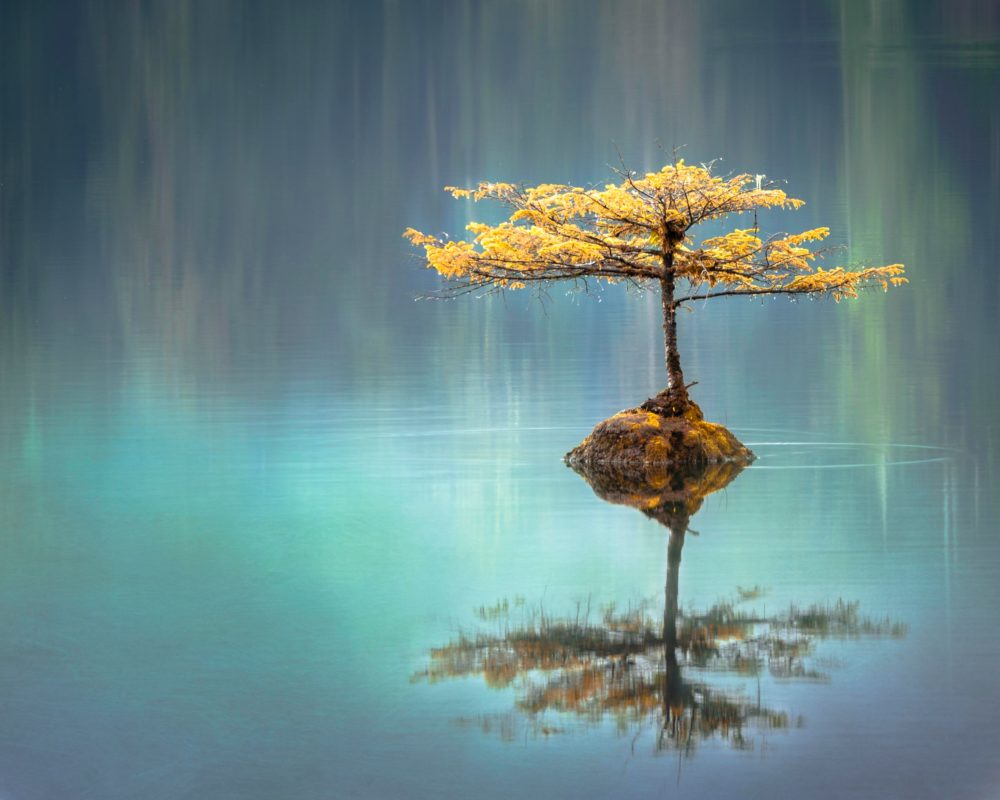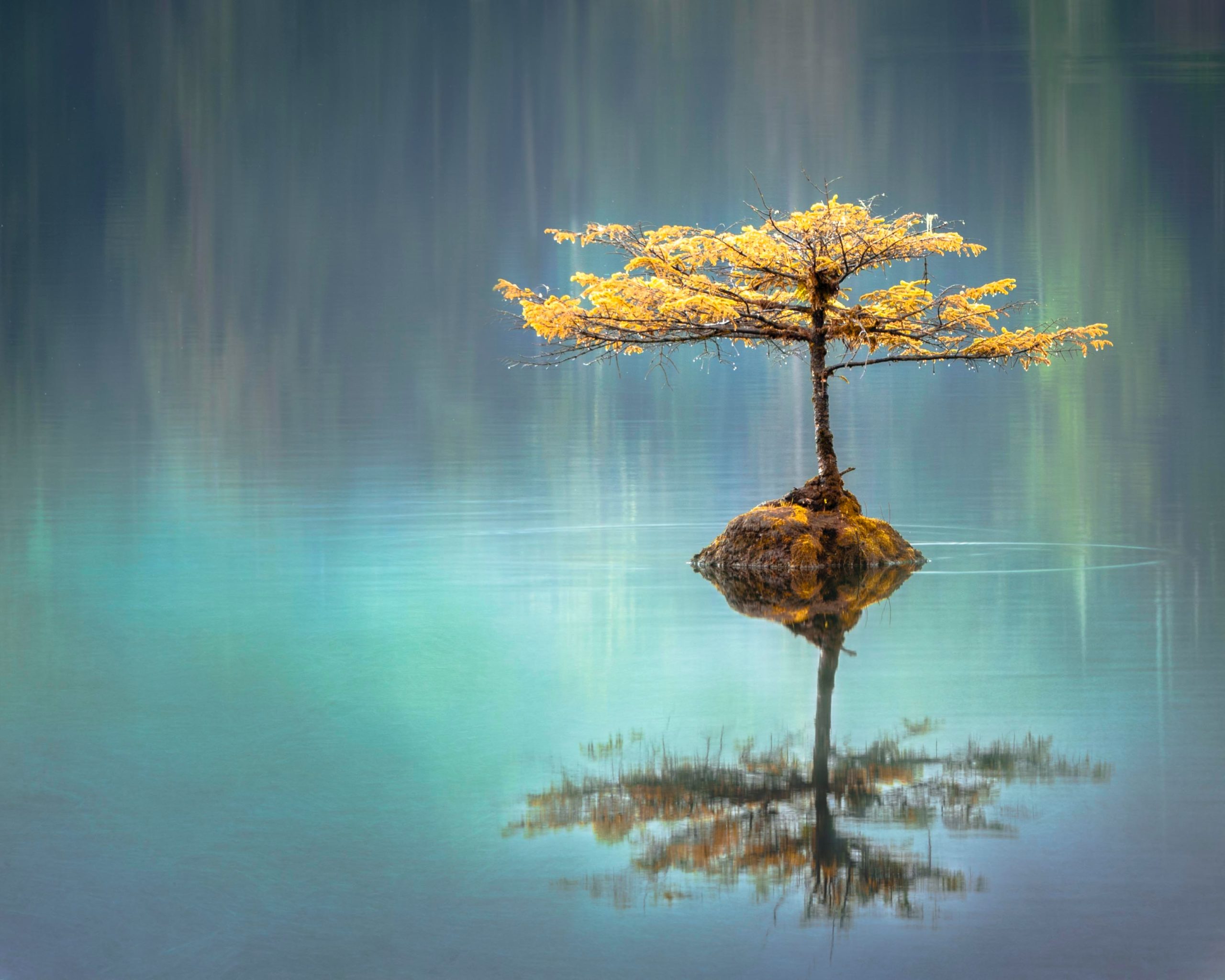I love writing Haiku poetry in English, though I had never tried to write Haiku poems in Japanese before. Since I got an idea to write Haiku poetry in English, I have read some articles written in Japanese and English about Haiku poetry.
The more I read, the more I think about the essence of Haiku poetry.
Writing Haiku Poetry in English

The structure of syllables, the Seasonal word, and other rules are just a formality. I believe that the essence of Haiku poetry exists somewhere else.
I am Japanese and I know some beautiful Haiku poems created by Japanese poets. In this article, I am going to introduce some of my favourite pieces. In addition, I want to share my idea behind the essence of Haiku poetry with my readers. (I am not a professional translator, but I tried to translate Japanese poems into English so that you can hopefully enjoy some of the atmospheres of Japanese Haiku poetry.)
My favourite Haiku poems in Japanese
古池や 蛙飛こむ 水のおと
an old pond
a frog jumps into
sound of water
by Matsuo Bashō (松尾芭蕉, 1644–1694)
This is one of the most famous pieces. I imagine that most Japanese people who are educated in Japanese schools must remember this Haiku poem.
夏草や つわものどもが 夢の跡
summer grass
samurai warriors
remains of dream
by Matsuo Bashō (松尾芭蕉, 1644–1694)
He created this poem in Hiraizumi, where Samurai soldiers had fought each other.
柿くへば 鐘が鳴るなり 法隆寺
eating persimmon
sound of the bell rings
’Horyuji’ temple
by Masaoka Shiki (正岡子規, 1867–1902)
‘Horyuji’ is a temple in Nara Prefecture, Japan.
菜の花や 月は東に 日は西に
rape blossoms
the moon at east
sun at west
by Yosa Buson (与謝蕪村, 1716–1784)
名月を とってくれろと 泣く子かな
the harvest moon
asking for it
my child cries
by Kobayashi Issa (小林一茶, 1763–1828)
山茶花の 花のこぼれに 掃きとどむ
Camellia sasanqua
fallen petals
stopped my brush
by Kyoshi Takahama (高浜虚子, 1874–1959)
Camellia sasanqua is a type of camellia.
The essence of Haiku poetry
Looking at those beautiful Haiku poems and others, I think these are the essence of Haiku poetry: simplicity, realism and a sense of season.
Simplicity
The beauty of Haiku is simplicity. It is short and crisp but leaves a long-lasting impression. The great Haiku poems are expressive and inspiring, in spite of using a minimum number of words.
Using short and simple words are preferred. After you read a Haiku poem, you rebuild the meaning in your brain. Haiku poets are minimalist, Haiku-ism is the cubism in literature.
Realism
Haiku poetry is often more objective rather than subjective. Fiction and fantasy are on the opposite side of Haiku poetry. Most of the time, it is a clip of your life or nature. I can say it’s like a photograph, but we also add a hint of sound or time.
There is no sensation or emotional drama in Haiku poetry. It is relatively quiet, but it provides a little realisation which you might forget or ignore otherwise.
A Sense of Season
In Japanese Haiku poetry, you must put a seasonal word. As I wrote before, I don’t think it is mandatory when it comes to creating Haiku poetry in English. Still, if you can put a sense of season to your Haiku pieces, it may more easily turn into an excellent Haiku poem.




Comments